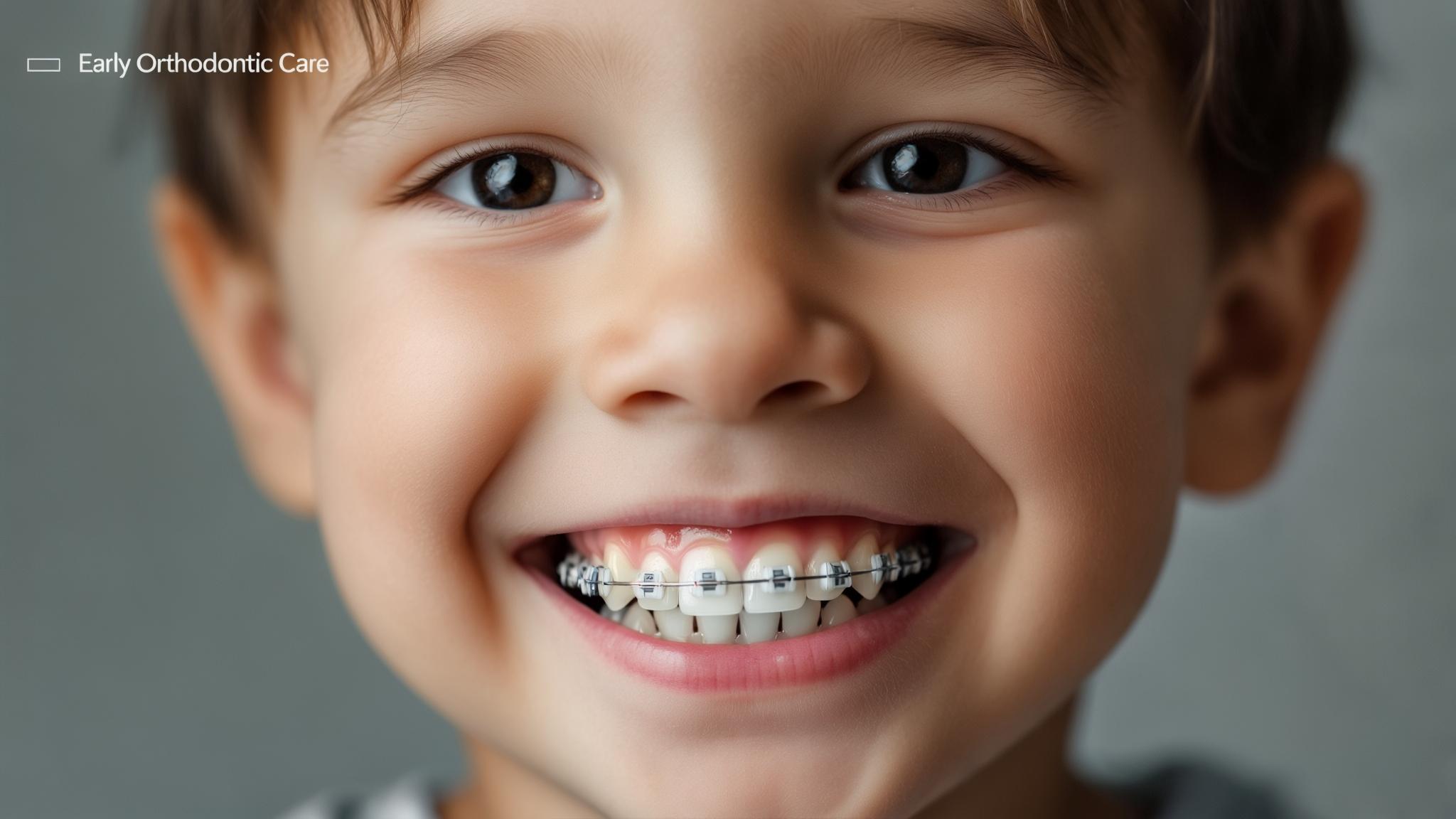Understanding Orthodontic Issues
Orthodontics is a specialized field of dentistry focused on diagnosing, preventing, and treating dental and facial irregularities. Essentially, it's all about ensuring your teeth and jaw are aligned properly. Regular dental check-ups play a crucial role in identifying potential orthodontic issues early, which can make a significant difference in treatment outcomes. This article will guide you through the importance of early orthodontic screenings and what to expect during this process.
Common Orthodontic Problems
Orthodontic issues can vary widely, but some of the most common problems include:
- Crowding: When there isn't enough space in the mouth for all the teeth, causing them to overlap.
- Spacing: Gaps between teeth, which might occur due to missing teeth or natural growth.
- Overbite: The upper front teeth overlap significantly over the lower teeth.
- Underbite: The lower teeth extend beyond the upper teeth, often due to a larger lower jaw.
- Crossbite: A misalignment where the upper teeth fit inside the lower teeth.
- Open bite: When the upper and lower front teeth don't touch even when the mouth is closed.
Causes of Orthodontic Issues
Orthodontic problems can arise from various factors, including:
- Genetic factors: Family history can play a significant role in the development of orthodontic issues.
- Habits: Thumb sucking and tongue thrusting can lead to misaligned teeth over time.
- Early loss of baby teeth: Losing baby teeth too soon can cause the remaining teeth to shift.
- Misaligned jaw: Sometimes, the jaw grows unevenly, leading to bite issues.
Importance of Early Orthodontic Screenings
Recommended Age for Initial Screening
Dental associations, such as the American Association of Orthodontists, recommend that children have their first orthodontic screening by age 7. This early assessment is crucial as it allows dentists to evaluate the child's dental development and identify any potential issues before they become more severe.
Benefits of Early Identification
Identifying orthodontic issues early offers several benefits:
- Prevention of severe issues: Early detection can prevent minor problems from becoming major concerns.
- Reduced treatment complexity: Addressing issues early can simplify future treatments.
- Shorter treatment duration: Early intervention often means less time spent in braces or other orthodontic devices.
- Improved aesthetic outcomes: Early treatment can enhance the appearance of a child's smile as they grow.
- Enhanced oral health: Proper alignment reduces the risk of cavities and gum disease.
The Screening Process
What to Expect During an Orthodontic Screening
An orthodontic screening is a comprehensive evaluation that includes:
- Comprehensive dental examination: A thorough check of the child's teeth and gums.
- X-rays and imaging: These help in assessing the position of teeth and jaw.
- Assessment of dental and facial symmetry: Ensuring that the teeth and jaw align properly.
Evaluation Criteria
During the screening, orthodontists look for:
- Bite assessment: Checking how the upper and lower teeth fit together.
- Alignment of teeth: Ensuring teeth are straight and evenly spaced.
- Jaw relationship: Evaluating how the jaws align and work together.
Treatment Options Following Early Detection
Overview of Potential Treatment Plans
If issues are detected early, several treatment options are available:
- Interceptive orthodontics: Early treatment aimed at preventing more severe problems.
- Braces and aligners: Traditional methods for correcting alignment over time.
- Retainers: Used post-treatment to maintain teeth position.
Role of the Orthodontist
Orthodontists develop personalized treatment plans tailored to each child's needs. They provide ongoing monitoring and make necessary adjustments throughout the treatment process.
Long-term Benefits of Early Orthodontic Intervention
Impact on Overall Oral Health
Early orthodontic intervention can significantly enhance oral health by reducing the risk of future dental issues and improving the function and comfort of the teeth.
Psychological and Social Benefits
A well-aligned smile can boost a child's self-esteem and improve their social interactions, helping them to feel more confident in their daily lives.
Conclusion
Early orthodontic screenings are vital for ensuring a child's dental health and well-being. They allow for timely interventions that can prevent more serious issues later on. As a parent, prioritizing regular dental check-ups and fostering healthy dental habits from a young age can set the foundation for a lifetime of healthy smiles.
References
- American Association of Orthodontists. "Your Child's First Orthodontic Check-up: No Later than Age 7." AAO Info
- Orthodontic Health Resources. "Understanding Orthodontic Treatment." Ortho Health

